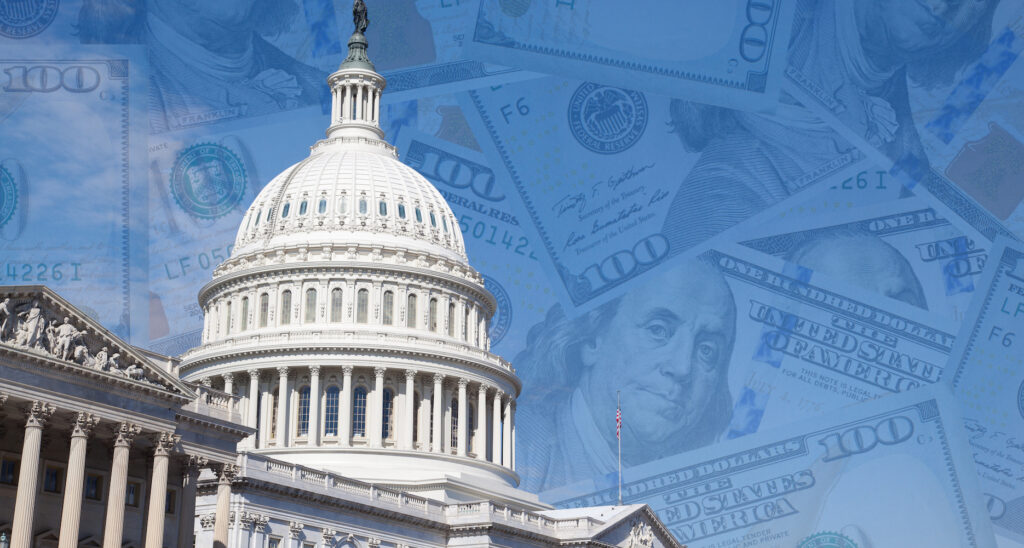Tennessee Department of Education details federal grants to committee
(The Center Square) – Tennessee’s Department of Education broke down how $1.3 billion in federal grants are spent, recorded and details related to those grants during the fourth day of meeting…

(The Center Square) – Tennessee’s Department of Education broke down how $1.3 billion in federal grants are spent, recorded and details related to those grants during the fourth day of meeting for a committee examining if Tennessee will continue to receive federal funding.
The largest four federal grants amount to 10% of the state’s overall education budget, Assistant Commissioner of Federal Programs and Oversight Debbie Thompson said.
The state will receive $470 million in Every Student Succeeds Act funding for low-income students, $310.5 million in Individuals with Disabilities Education Act funding, $29.5 million in Carl D. Perkins funding for technical education as well as $484 million in U.S. Department of Agriculture food program funding.
Thompson explained the funding allows for up to 20% of the grants to be used for administrative costs related to running the federal programs.
Deputy Commissioner of Operations Sam Pearcy explained many of the federal requirements related to grants are also written into state law, meaning that rejecting federal funding does not necessarily take away requirements for Tennessee schools unless state laws changed.
Rep. John Ragan, R-Oak Ridge, again asked about food waste related to the federal school lunch and breakfast programs. Chief Operating Officer Shannon Gordon explained many schools have implemented shared food tables for unopened food that another student could eat.
Gordon said the USDA estimates around 30% of food in the program goes to waste but part of that is to ensure that food served to students remains safe to eat.
The committee has two more meetings scheduled for 9 a.m. and 1 p.m. on Wednesday with Russell Moore and Linda Wesson of Tennessee’s Office of Research and Education Accountability set to present information as well as Center for Practical Federalism Fellow Steve Johnson and James Madison Institute Senior Vice President Sal Nuzzo.



